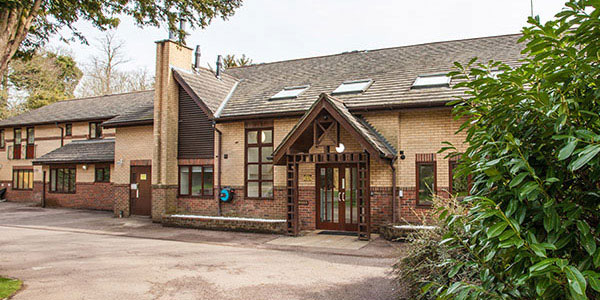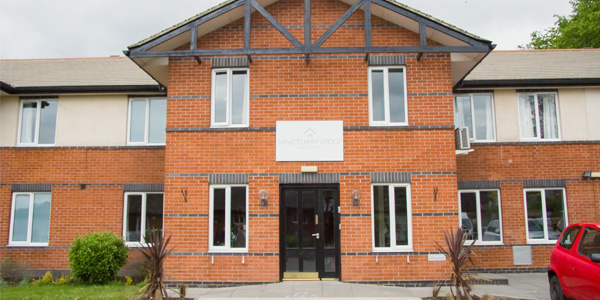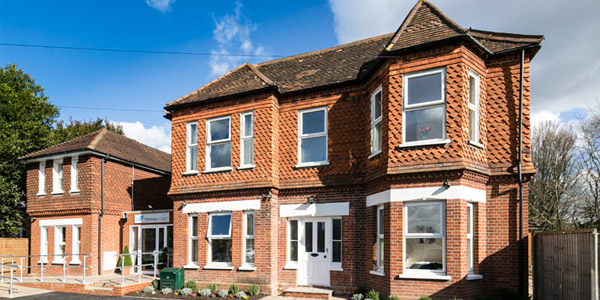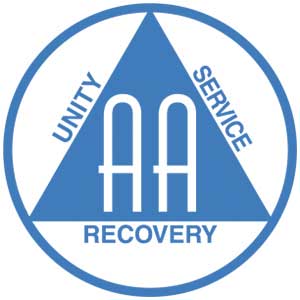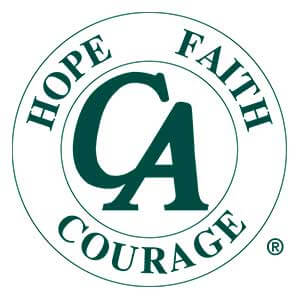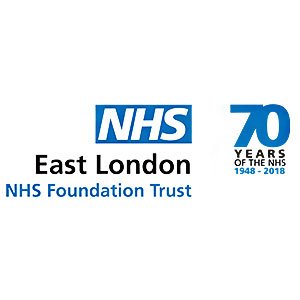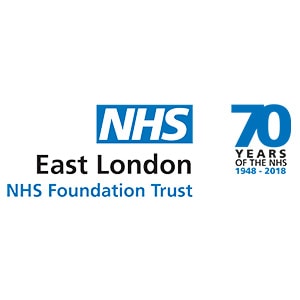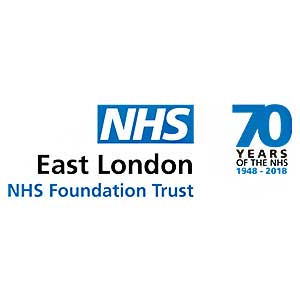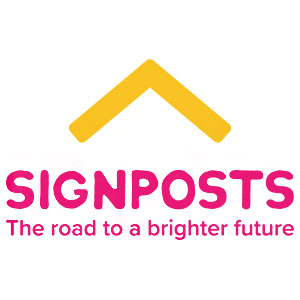Getting help for Addiction & Substance Abuse in Dunstable
Breaking free from drug or alcohol addiction involves eliminating physical and psychological dependence and addressing the harmful behavioural issues that initially lead to addiction. Attempting to stop using drugs without any type of professional assistance can be very difficult and sometimes dangerous where physical dependence has evolved. All forms of alcoholism and drug addiction affect physical and mental health. Frequently it is the behavioural aspects of an addiction that are most apparent and troubling for friends and family.
For rehab to succeed, the individual must commit to deep, behavioural changes whilst in treatment. The success rates of recovery depend entirely on the individual’s willingness and commitment to such changes. Any good rehab facility in Dunstable should offer personalised treatment which includes a comprehensive screening process. The treatment plan should be changed to meet the needs of each individual, with their progress regularly monitored throughout the programme.

Liberty House Clinic is a fully furbished detox and rehabilitation facility…
- Private
- Holistic Treatment
- Award Winning
- Residential
UKAT Rehabs
Banbury Lodge is a leading CQC approved detox, rehab and therapy clinic for…
Sanctuary Lodge is a state-of-the-art detoxification and rehab facility. Lo…
Primrose Lodge is a comfortable, fully equipped detox and rehab facility. C…
-
- Free
- Group Setting
- 12 Step
-
- Free
- Outpatient
- 12 Step
-
- Free
- Counselling
- Outpatient
- Support
-
Disability Resource Centre,
Poynters House, Poynters Road,
Dunstable, Bedfordshire
LU5 4TP0 review- Free
- Outpatient
- Eating Disorder
- Support
-
- Substance Misuse
- Harm Reduction
- Outpatient
- Free
-
- Free Service
- Outpatient
- Support
- Free
-
- Non 12 Step
- Group Setting
- Free
- Outpatient
- Load More
Drug & Alcohol Rehab Services in Bedfordshire
- A
- B
- C
- D
- E
- F
- G
- H
- I
- J
- K
- L
- M
- N
- O
- P
- Q
- R
- S
- T
- U
- V
- W
- X
- Y
- Z
How Does Rehab Work

Individuals receive treatment on a group and one-to-one basis, and have a customised treatment and recovery programme developed to fully address their specific needs. Additionally, a psychiatric evaluation should also be carried out by certified psychiatrists. A rehab programme will ideally be carried out by a team of specialists in the treatment of addiction and mental health, as well as spiritual counsellors, wellness specialists and medical staff.
In the UK, inpatient residential rehab and outpatient programmes are the two distinct options for rehab. The NHS rarely provides funding for Inpatient residential rehab, but outpatient programmes are available across the whole of Dunstable on a self-referral basis. Inpatient residential rehab has many significant benefits over outpatient programmes. Inpatient rehab enables the individual to detox from substances and alcohol in an enclosed, safe, environment, without giving in to any temptations.
What Happens During Alcohol and Drug Rehab in Dunstable
Rehab empowers people who are struggling with addiction to live meaningful lives without the need for any substances including alcohol. Qualified professionals promote an environment that is supportive, caring and compassionate, so that individuals can begin the healing process and walk along the road to long-term recovery. However, residential programs are not equal and a person struggling with alcohol or drug dependency may not know what the ideal residential treatment program looks like. It is imperative that prior to choosing a residential programme, you understand what is provided in terms of aftercare options and treatment.
Any rehab programme should include family therapy, individual therapy, and group therapy. Medical staff should be available 24-hours a day to guide individuals through the detox stage, and help with any concerns they might have regarding detox medication and psychotherapy. All good residential programmes should offer free aftercare as part of any programme, and should provide regular sessions to facilitate long-term recovery. All rehab facilities in the UK are regulated by, and must be registered with, the Care Quality Commission (CQC). The CQC provide a rating of each individual rehab ranging from “Inadequate” to “Outstanding”. To find out how a rehab is performing, the best place to look is the CQC website, as this will identify any potential issues with an individual facility.
Addiction Therapy & Treatment Options in Dunstable
When enquiring with the treatment centres, ask about the variety of therapy programmes available to you. A good rehab should have a number of therapeutic models to help individuals with psychological issues. If the individual presents mental health problems, it’s best to ask the centre if they specialise in treating dual-diagnosis. Dual-diagnosis is the presence of mental health conditions and addiction, a specialised treatment is recommended to effectively treat both conditions. Therefore, a good rehab centre should be licensed to treat both mental health disorders and addiction – with the experience to treat substance dependency without impeding on any existing mental health problems (such as depression or bipolar).
Where dual diagnosis is involved, a range of factors need to be taken into consideration for the well-being of the individual – such as re-assessing the use of current psychiatric medication as well as therapy undergone before rehabilitation. Rehab begins with detox. The detox stage works to remove the mind-altering substances from the individual’s body before they move on to psychological treatment.
Medical Alcohol and Drug Detox
Detox is a treatment used to stop the psychological and physical addiction resulting from drug and alcohol misuse. A medical detox aides in safely getting individuals through the worst of withdrawal, by using detox medication, it eliminates any dangerous symptoms and reduces cravings that may result from sudden withdrawal. Detox medication is not always needed, and is usually confined to individuals who are dependent on opiates, benzodiazepines, alcohol,and barbiturates.
Medical professionals will assess whether a medically-assisted detox is needed, with special considerations around the individuals existing mental health conditions and other needs. It is recommended that the detox phase is pursued within a residential setting, so that medical professionals can monitor withdrawal symptoms and any health complications.
Therapy for Alcohol and Drug Addiction
The rehabilitation phase starts once the individual’s detox is complete. Clinicians should utilise a large array of therapeutic models to create a personalised treatment plan. Usually one-to-one sessions utilise psychotherapy in the form of Dialectical Behavioural Therapy (DBT) and Cognitive Behavioural Therapy (CBT), amongst others. Group sessions should also take the form of talking therapies, but may include different forms of psychotherapy such as Drama Therapy, Art Therapy, and Meditation. The aim is to help individuals find an optimal environment to gain new ways of thinking, bond with others and seek healthy, rewarding stimuli without the need for drugs or alcohol.
How Long is Rehab?
Most inpatient programmes range from 14 days up to 90 days, but the length of stay will depend on individual circumstances. Extended rehab programmes have been shown to , so it may be that longer rehab programmes are a better choice. Some inpatient rehabs have “detox only” options – but this is not endorsed by uk-rehab, detox alone rarely treats addiction’s underlying causes. Consider a 60-90 day treatment programme for optimal recovery. This will allow for better adjusting to a life without substances, and for the therapy to have a long-lasting impact on spiritual and emotional well-being.

Cost of Alcohol and Drug Rehab
Detox makes up a sizable portion of the overall cost of rehab, as well as the length of stay and services provided. Other costs include amenities and location. Inpatient rehab centres typically charge £5000 – £10000 for a 30-day treatment. Cost should not be a barrier to getting addiction treatment, as often maintaining an addiction incurs a far greater cost longer-term.
Consider how much you spend to maintain your drug habit and the cost of the health issues associated with substance abuse. Some, but not all rehab facilities accept private insurance, but you should check with your insurance provider first as to whether addiction treatment is covered.
Nearest CQC Registered Rehab to Dunstable
For rehab near Dunstable we recommend the CQC-registered rehab clinic Liberty House Clinic. This Rehab has a good/outstanding CQC rating, offers a comprehensive addiction treatment programme for drug and alcohol-related addictions, provides treatment plans for any mental health conditions and offers 1-year free aftercare for both the individual and their families.
If you would like to seek addiction treatment in another location, UKAT provide a number of rehab facilities throughout the UK, all of which provide the same level of service and expertise. For additional information on UKAT, speak to their addiction specialists on 0203 870 3824 .


